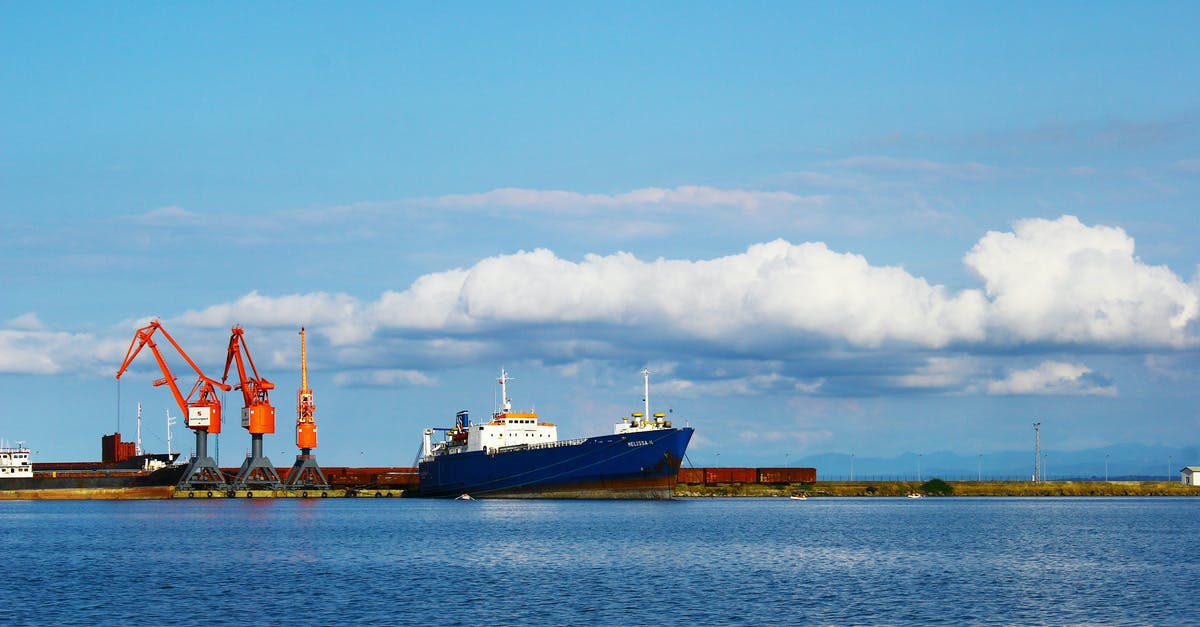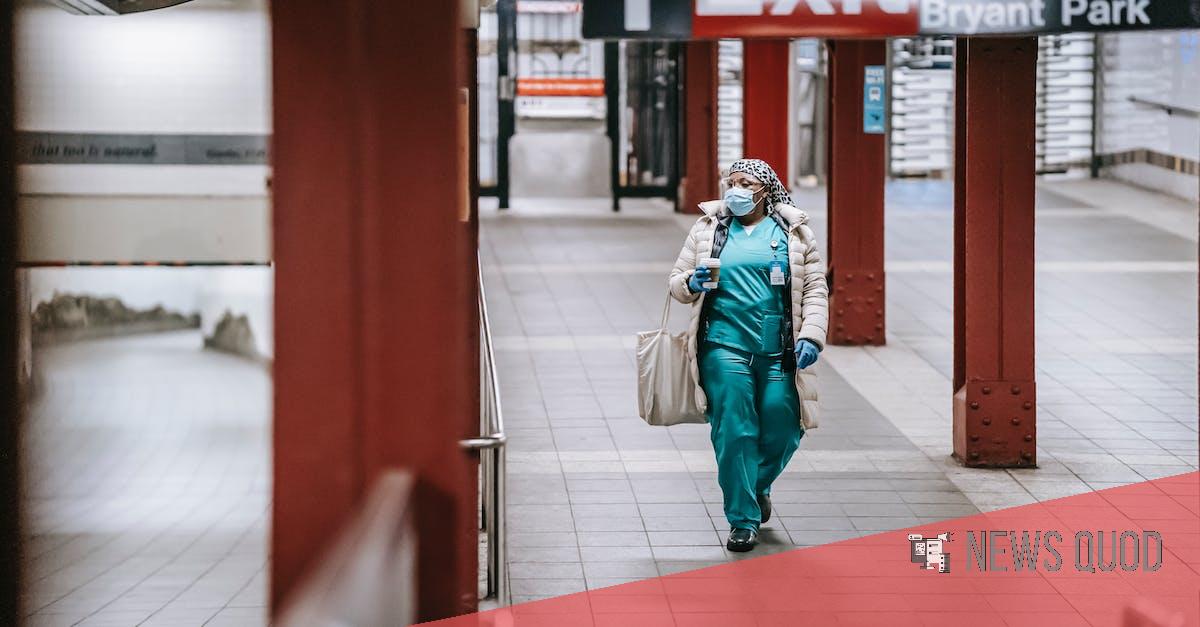Opportunities within the Travel Industry

Moving people between far-off geographical regions is known as travel. It may be one-way or round-trip. It is the act of moving individuals, items or concepts from one location to another. It is a fundamental part of everyday life and offers many benefits. In this session, we will discuss the various options for careers in travel, as well as how to select a profession in this field as well as the COVID-19 vaccination requirements. The article will also look into those common risks to traveling as well as preventative measures.
Jobs in the travel industry
There are numerous benefits of working in the industry of tourism. The jobs are flexible and are suitable for many people and those who seek advanced degrees. According to the Bureau of Labor Statistics reports that over 6 million Americans employed part-time when they attended schools. One in five (18%) people working in the industry of travel are studying at present. This compares to just 8% in all other fields. Travel industry workers are also varied: estimates indicate that almost half of its staff have a high school education or less to just 8% employees in other areas that make up the market. The travel industry is much larger in diversity than other businesses and has the largest number of Hispanics and African Americans than any other job.
Cost of travel insurance
The length of your journey will affect the cost of your insurance cost. Higher premiums will be paid for long-term trips (e.g., travel lasting more than a month). Premiums for travel insurance depend on the type of insurance policy you buy. A comprehensive policy that includes international coverage is more expensive in the event that you intend to take a trip abroad. Cost of the premium could also be affected by the duration of your travel. In order to determine the kind of travel insurance policy to choose, you should consider these elements.
Health risks associated with travel can cause health problems.
No matter if you’re planning to travel abroad there are health hazards to take into consideration. Traveling places with poor infrastructure such as contaminated water or unwholesome food can pose a risk to your health. There is also the possibility of contracting an illness while abroad. There are various risk of becoming sick during your trip, depending upon the location you’re visiting and the events you’re planning to partake in. If, for instance, you plan to participate in eco-tourism activities, then there is a chance of getting high altitude sickness and decompression sickness. Likewise, motor vehicle accidents can result in injuries that are severe, particularly when the infrastructure is not in place.
Vaccination requirements for COVID-19
The decision of whether you’re going to an area with a higher risk of developing COVID-19 a matter of personal choice but getting the vaccine is always a good idea. These levels are published from the Centers for Disease Control and Prevention. They vary from low to very high. The amount of patients or hospital beds affected by the virus is what determines the severity. In order to visit countries with lower risk of contracting disease, you do not need to receive a vaccine against COVID-19. You should ensure that you are fully vaccinated prior to your travel.
Infections that occur while traveling
It’s difficult enough to travel without stressing about getting sick. Your normal insurance policy may not be able to cover expenses incurred while traveling. It is good to know that there are forms of travel insurance which can cover medical costs when you travel. Though many countries offer top-quality medical services, it’s essential to make sure that your policy is able to cover outside costs. It is crucial to find the nearest hospital of high-quality if you plan to travel to countries that are less developed.
Keeping yourself safe while traveling
Your health and well-being are contingent on the safety of your travel. It should be the first priority. When you’re out on your own, or with a group of friends, staying vigilant is crucial. Be aware of your surroundings throughout the day as well as avoid the dark streets and late-night buses. When traveling solo, be connected and social with your family and friends. You should know the location and address of all places that you’re traveling to. It’s always better to be safer than sorry.
This content is contributed by Guestomatic








